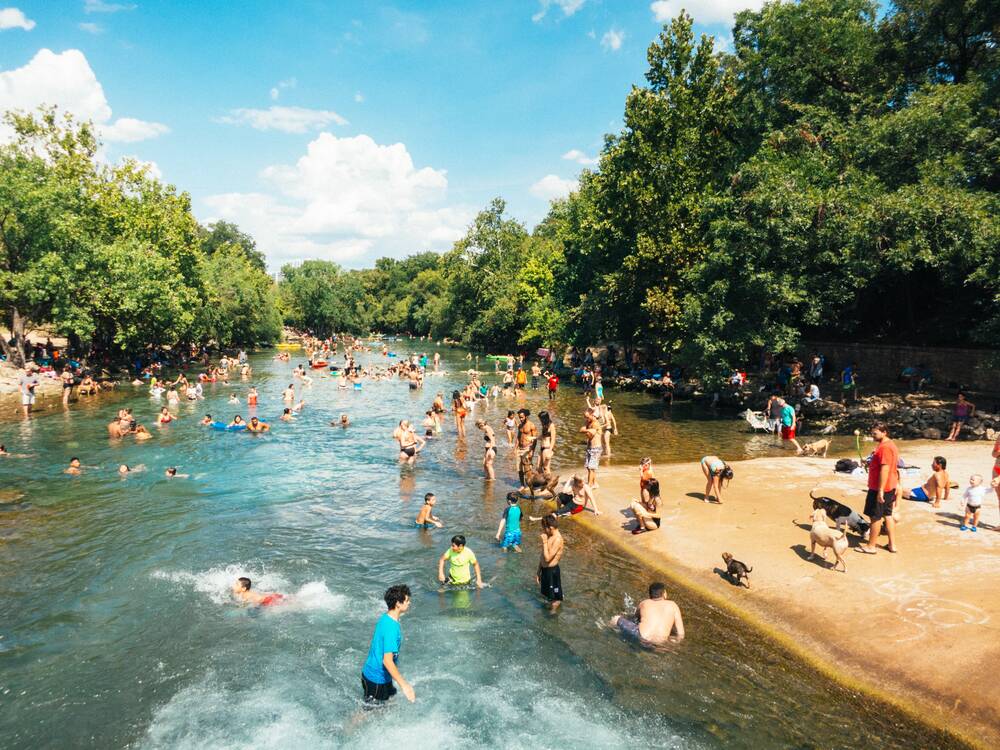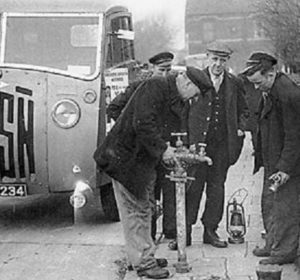Blog post by CEO James Dunning.
Be careful what you wish for...
With new temperature records set this week in the UK, roads have melted, rails have buckled and the fire brigade has had its busiest day since World War 2.
As for the species that apparently rules the roost, us humans, well we have been driven inside to shelter behind shut curtains and spend our time both complaining (a national pastime) and marvelling at how useful home air conditioning would be on such days...
As (unbearably!) hot night duly followed hot day, similarly predictable newspaper headlines also followed.

"Britain runs dry as wasteful water industry springs a leak"
"Water Crisis is around the corner"
Statistics of course abound:
- the UK South East, with less rainfall than South Sudan and Perth Australia, could run out of water within 20 years
- “too much water is extracted”
- enough water is lost every day to fill 900 Olympic swimming pools (every journo's favourite water metric...that must be a lot of water!)
- serious pollution incidents are up (to 62)
Oh and don’t forget the obligatory good smattering of critical commentary about dividends and executive pay too.
The solution? Why nationalisation of course say the sectors' critics...
Ah yes, nationalisation. Let's take a look at that...Alongside those aforementioned articles, albeit buried in the business section, another article also appeared...
- with pressure on government finances in the ‘70s (when the UK ended up writing a “would you mind lending us US$ 3.9bn please” letter to the IMF) investment in the water sector halved from 1975-1985;
- household bills rose by 43% between 1981 and 1985 (privatisation was in 1989) (cf the 9% rise in real terms since 1995);
- hundreds of thousands had their water cut off in Yorkshire and the South West and had to use standpipes;
- by 1986, half of Liverpool’s water was lost through leaks.
But for those still hankering for government ownership, some personal experiences:
"When I joined Eastern Electricity post-privatisation, people still recalled the rules around office size and carpeting based on seniority (just imagine the meetings to finalise those rules"...).
Has the water sector privatisation worked perfectly? Of course not. But it has brought in very significant external capital investment without the bun fights and constraints of being but one line item in a government spending plan.
Call me controversial too, but there is nothing like the pursuit of profit to highlight efficiency opportunities - an incentive that is inevitably never wholly present within public ownership however cunning the consultant-designed “virtual” incentive programme might be.

In the USA the local accountability of smaller publicly-owned utilities appears to create a good alignment between customer expectation and utility performance.
And in the UK, yes the mechanism to incentivise capital spend had largely run its course. With financial incentives and penalties oriented around performance now in place through the alignment between customers and running a network effectively has been significantly strengthened.

As my children forever remind me, just because things are much better does not mean we should stop striving for improvements. They might be talking about race and gender but I suspect it applies to the water sector too.
Keep demanding more.
Before claiming “demanding more” means reverting to nationalisation though, maybe ask around a bit about how that actually panned out.

Contact Us
Leave your details and we will be in touch.




